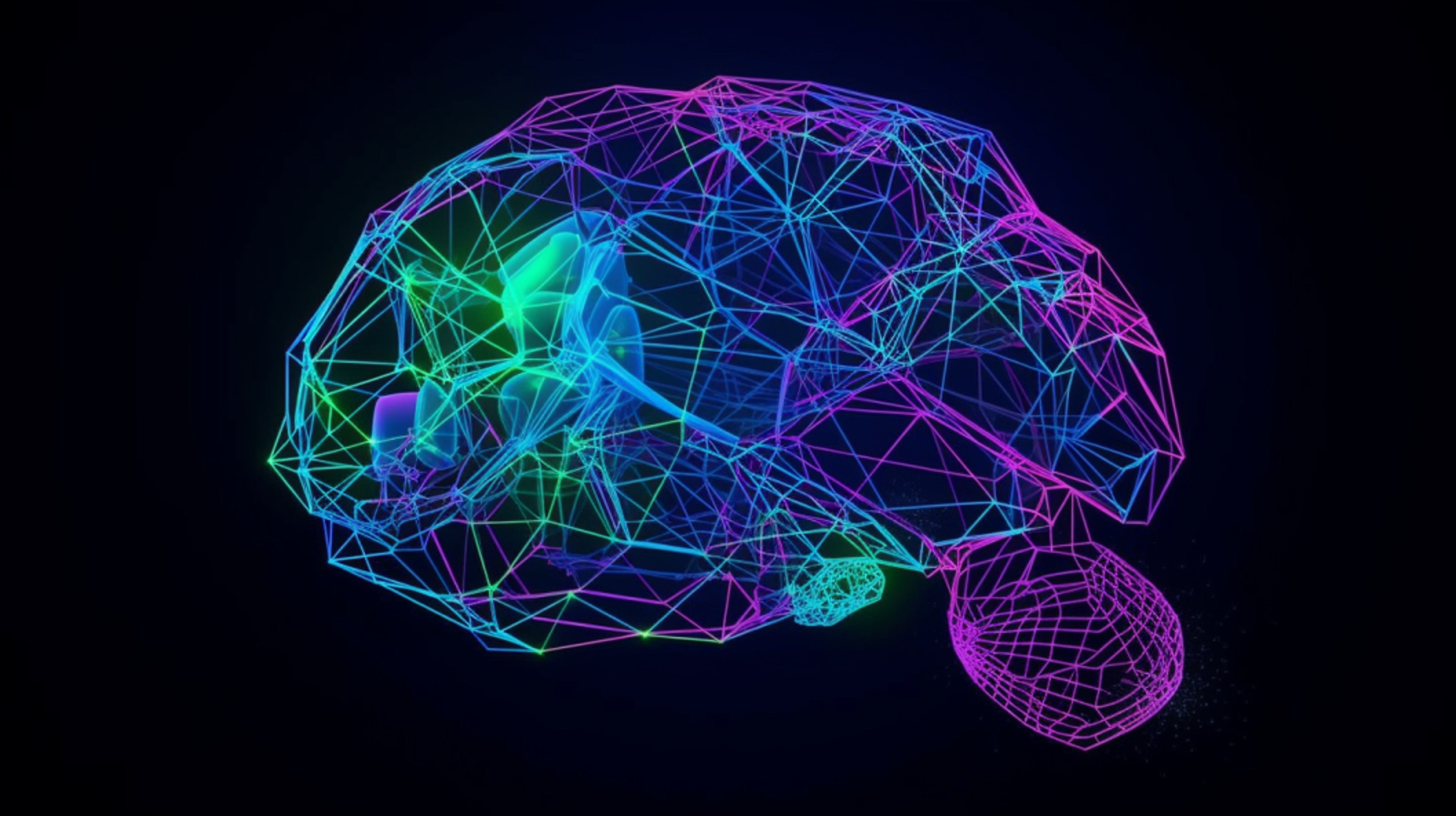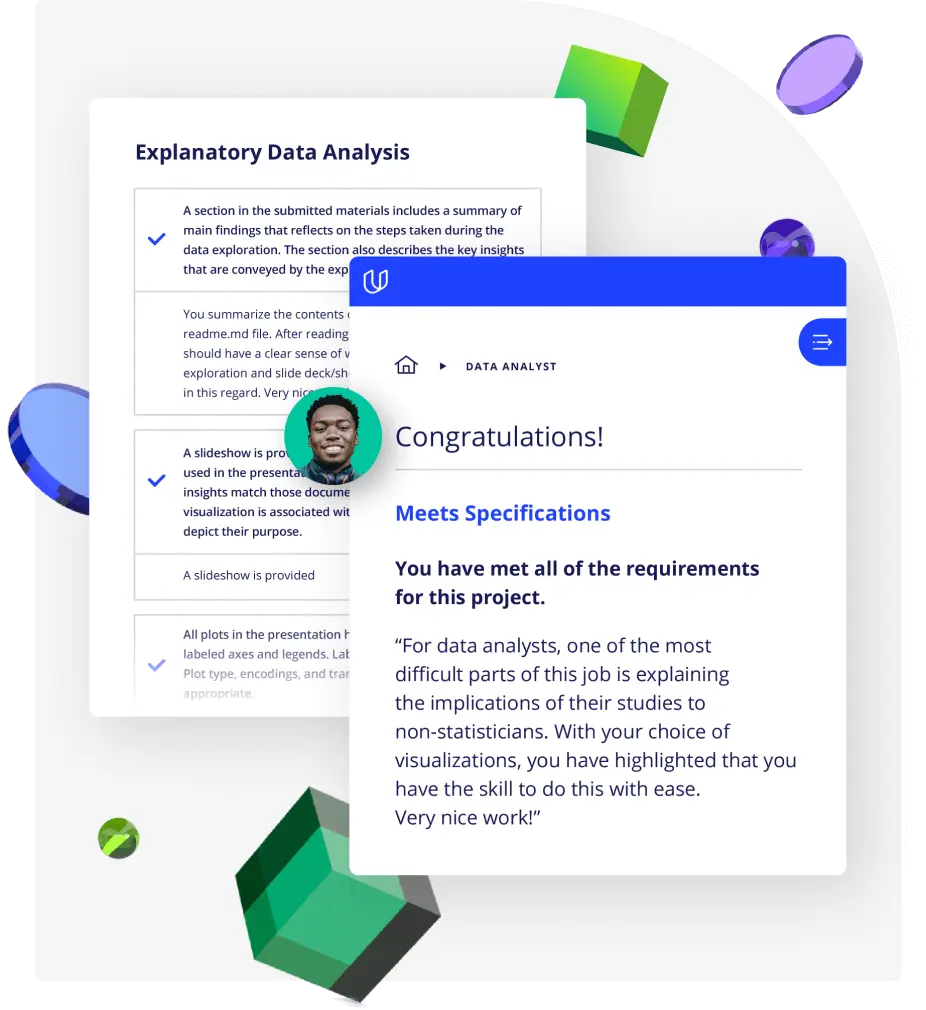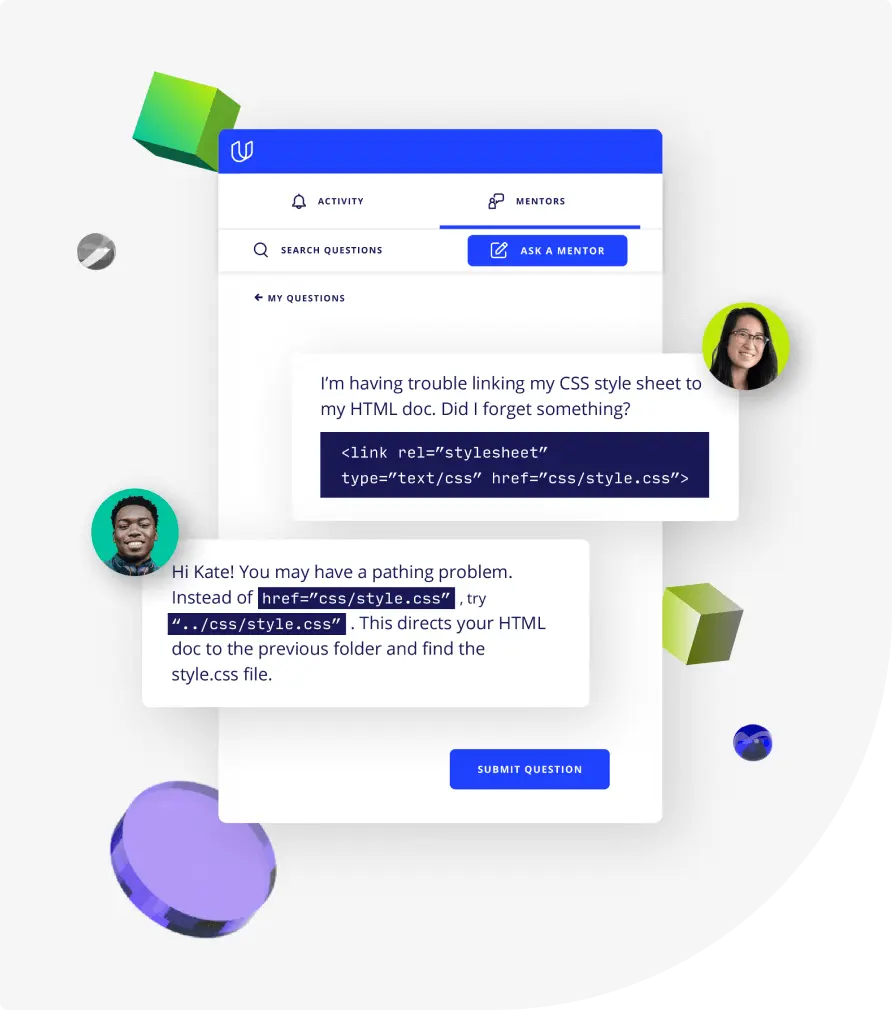Lesson 1
Introduction to Deep Learning
Meet your instructor, get an overview of the course, and find a few interesting resources in this introductory lesson.

Course
This course covers foundational deep learning theory and practice. We begin with how to think about deep learning and when it is the right tool to use. The course covers the fundamental algorithms of deep learning, deep learning architecture and goals, and interweaves the theory with implementation in PyTorch.
This course covers foundational deep learning theory and practice. We begin with how to think about deep learning and when it is the right tool to use. The course covers the fundamental algorithms of deep learning, deep learning architecture and goals, and interweaves the theory with implementation in PyTorch.
Intermediate
4 weeks
Real-world Projects
Completion Certificate
Last Updated July 25, 2024
Skills you'll learn:
Prerequisites:
Lesson 1
Meet your instructor, get an overview of the course, and find a few interesting resources in this introductory lesson.
Lesson 2
This introductory lesson on Deep Learning covers how experts think about deep learning and how to know when deep learning is the right tool for the job, including some examples.
Lesson 3
Beginning with PyTorch and moving into both Error Functions, Gradient Descent, and Backpropagation, this lesson provides an overview of foundational neural network concepts.
Lesson 4
This introduction to neural networks explains how algorithms inspired by the human brain operate and puts to use those concepts when designing a neural network to solve particular problems.
Lesson 5
Learn how to train neural networks and avoid overfitting or underfitting by employing techniques like Early Stopping, Regularization, Dropout, Local Minima, and Random Restart!
Lesson 6 • Project
In this project, you will use your skills in designing and training neural networks to classify handwritten digits using the well-known MNIST dataset.

Principal AI Researcher
Erick Galinkin is a hacker and computer scientist, leading research at the intersection of security and artificial intelligence at Rapid7. He has spoken at numerous industry and academic conferences on topics ranging from malware development to game theory in security.
Combine technology training for employees with industry experts, mentors, and projects, for critical thinking that pushes innovation. Our proven upskilling system goes after success—relentlessly.

Demonstrate proficiency with practical projects
Projects are based on real-world scenarios and challenges, allowing you to apply the skills you learn to practical situations, while giving you real hands-on experience.
Gain proven experience
Retain knowledge longer
Apply new skills immediately

Top-tier services to ensure learner success
Reviewers provide timely and constructive feedback on your project submissions, highlighting areas of improvement and offering practical tips to enhance your work.
Get help from subject matter experts
Learn industry best practices
Gain valuable insights and improve your skills

Full Catalog Access
One subscription opens up this course and our entire catalog of projects and skills.
Average time to complete a Nanodegree program
(909)
4 months
, Intermediate
(235)
3 months
, Intermediate
4 weeks
, Beginner
3 weeks
, Intermediate
1 month
, Intermediate
(256)
2 months
, Intermediate
3 days
, Intermediate
4 weeks
, Intermediate
4 weeks
, Intermediate
4 weeks
, Intermediate
(328)
2 months
, Advanced
(450)
3 months
, Advanced
Intermediate
4 weeks
, Advanced
4 weeks
, Intermediate

Introduction to Deep Learning
(909)
4 months
, Intermediate
(235)
3 months
, Intermediate
4 weeks
, Beginner
3 weeks
, Intermediate
1 month
, Intermediate
(256)
2 months
, Intermediate
3 days
, Intermediate
4 weeks
, Intermediate
4 weeks
, Intermediate
4 weeks
, Intermediate
(328)
2 months
, Advanced
(450)
3 months
, Advanced
Intermediate
4 weeks
, Advanced
4 weeks
, Intermediate